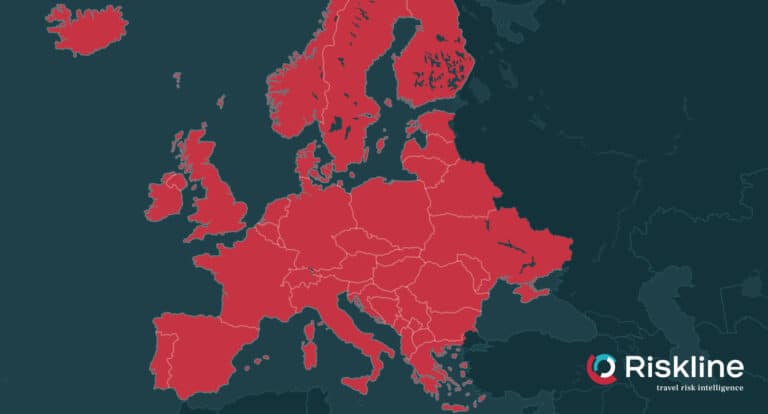On 1 January, Brexit finally became reality following the shock referendum, years of gridlock and a last-minute deal. After the one-year transition period, the United Kingdom is a full-fledged ‘third country’ outside the European Union (EU). The end of the transition period also coincides with a “third wave” of the COVID-19 pandemic. Many countries have struggled to contain it, complicating travel between the UK and the rest of Europe.
Let’s review what the post-Brexit travel landscape looks like.
During Brexit negotiations, the EU and the UK had agreed to allow visa-free travel to continue for tourism and short-term stays. However, the UK falls under the EU’s ongoing ban on non-essential travel from outside the EU and Schengen Area.The discovery of a new, more infectious COVID-19 strain in the UK led multiple countries to ban travel from the UK in December 2020. It gave UK travellers an early taste of long lines and short-notice closures at immigration checkpoints.
The new restrictions and the confusion surrounding them left UK travellers – including those with residency in EU member states – to be turned away at the border or by airlines at the gate. On the other hand, UK authorities have kept their borders relatively open for most of the pandemic until January. However, EU residents in the UK have reported being asked by UK border control officials to prove their status as legal residents. This is despite officially being able until 30 June to apply for the EU Settlement Scheme to continue living in the country. Portugal is among high-risk countries from which travellers are subject to an entry ban. Also, a mandatory hotel quarantine is set to take effect in the coming days.
Required documents
For those whose travel can’t wait, there are more post-Brexit changes to keep in mind. UK travellers should ensure that passports are no older than 10 years and valid for at least six months. Short-term leisure travel shorter than 90 days in a 180-day period in an EU member state will not require a visa. Stays in Bulgaria, Croatia, Cyprus and Romania are not counting towards the 90-day limit. On the other hand, travel for longer stays, work, business or study may require a visa. Confirm visa and work permit requirements in the country of destination before departure.
Motorists will need additional documentation before departure. While most EU member states will accept a UK photocard driving license, those with a paper license may need an International Driving Permit (IDP). You can purchase it at Post Offices for £5.50, while UK vehicles must have a ‘GB’ sticker on display. While EU motorists will not need an IDP to drive in the UK, both EU and UK drivers will need a green card as proof of insurance.
EU/EEA nationals who are residents of the UK have until 30 June to apply for the EU Settlement Scheme to continue living in the country. While EU/EEA travellers will be able to enter the UK with a passport, a national ID card will no longer be accepted starting 1 October. Exceptions will be made until the end of 2025 for some travellers, including those who have settled or pre-settled status under the EU Settlement Scheme, an EU Settlement Scheme family permit or a frontier worker permit, as well as S2 Healthcare Visitors and Swiss Service Providers. Leisure travel and short-term stays will not require a visa.
Additional changes
Past border control, there will be more changes awaiting travellers. Health care plans may no longer be valid and mobile roaming charges are possible. Existing European Health Insurance Cards (EHIC) will remain valid in both the UK and the EU until their expiration date. While UK travellers whose EHIC have expired can apply for a Global Health Insurance Card (GHIC) as replacement, the GHIC will not be accepted in Norway, Iceland, Liechtenstein and Switzerland. There is no longer a guarantee of free mobile roaming. Although data roaming charges cannot exceed more than £45/month before customers are notified.
Combined with COVID-19, Brexit has created additional hurdles for both UK and EU travellers. With the emergence of new, more contagious virus strains, travellers are likely to face another year of stress and confusion. Monitor local media closely to stay informed of the latest developments. Discuss contingency plans with travel managers.

